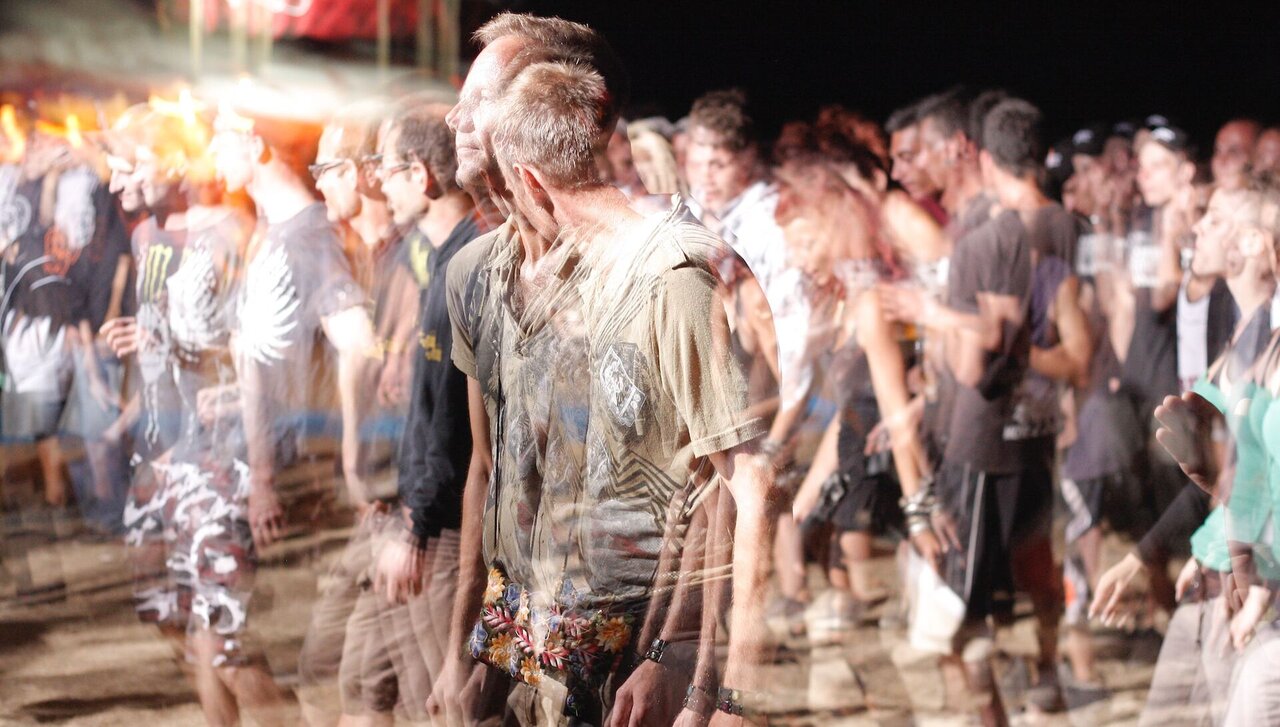Overcoming Psychedelic FOMO
The fear of missing out (FOMO) is by no means a trivial form of distress. Fears about missing out on information, events, experiences, or life decisions that could enhance one’s life are associated with worsened depression and anxiety, and a lowered quality of life. FOMO drives the need to persistently stay glued to social media,…
View Post



